| Structure | Name/CAS No. | Articles |
|---|---|---|
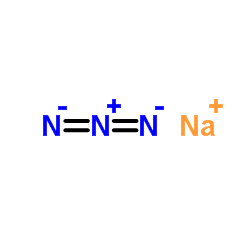 |
Sodium azide
CAS:26628-22-8 |
|
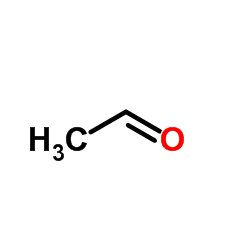 |
ch3cho
CAS:75-07-0 |
|
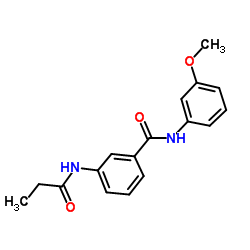 |
Alcohol dehydrogenase
CAS:9031-72-5 |
|
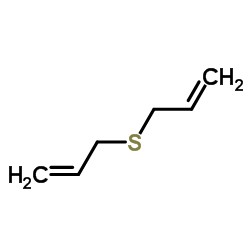 |
Allyl Sulfide
CAS:592-88-1 |
|
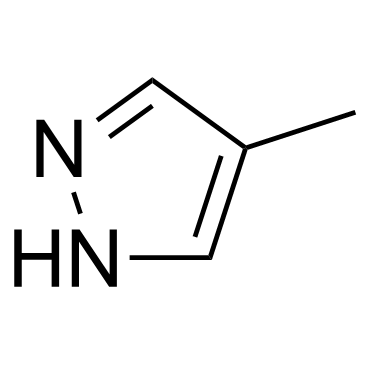 |
Fomepizole
CAS:7554-65-6 |
|
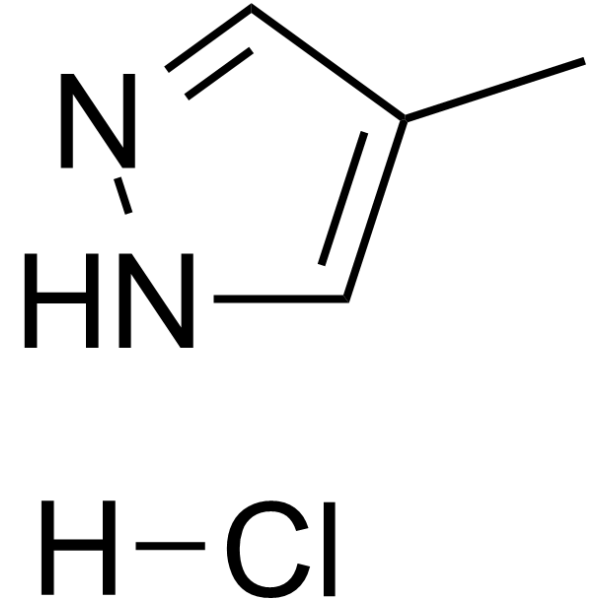 |
4-Methylpyrazole hydrochloride
CAS:56010-88-9 |